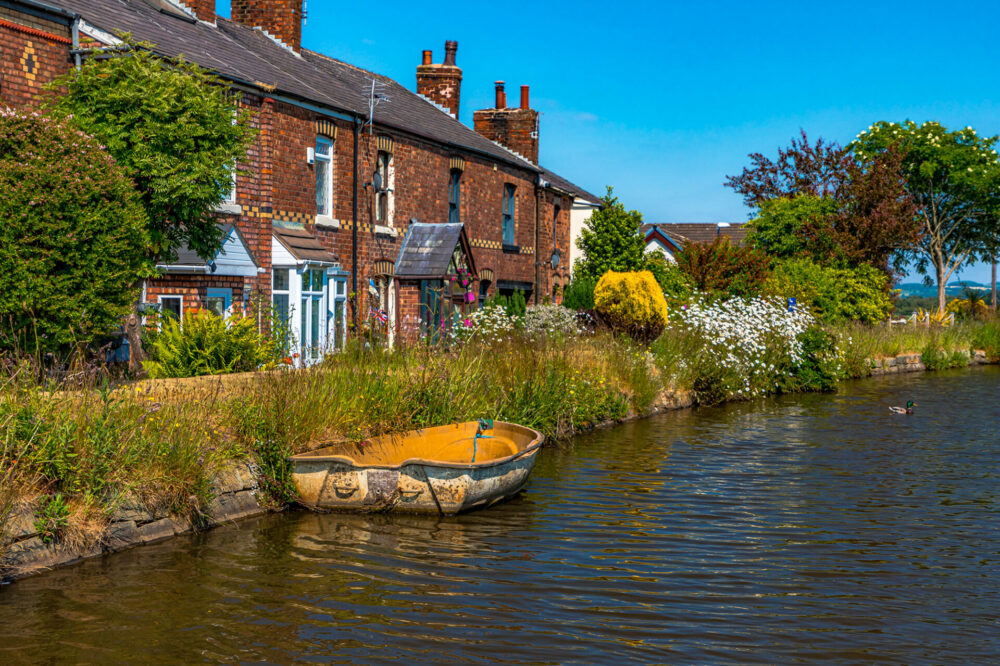Understanding Mooring Rules on UK Canals
One of the great joys of canal boating is being able to stop and soak in the scenery whenever you like. But can you just moor your boat anywhere along the canal? The short answer is: not quite. Mooring a canal boat comes with rules designed to keep waterways safe, accessible, and enjoyable for everyone.
Here’s what you need to know about mooring your canal boat the right way.
What Is Mooring?
Mooring means securing your boat to the side of the canal, usually by tying it to bollards, rings, or posts on the towpath (the walkway alongside the canal). Proper mooring keeps the boat safe from drifting and helps other boats pass safely.
Types of Mooring
1. Permanent Mooring
- These are designated spots where you can keep your boat long-term.
- Usually private or rented from a marina or the Canal & River Trust.
- Often includes access to utilities like water and electricity.
2. Visitor Mooring
- Short-term mooring spots, often marked by signs.
- Free or with a fee, designed to allow boats to stop for a few hours or days.
- Limited stay times (e.g., 48 hours maximum) help ensure everyone gets a turn.
3. “Stopping Off” (Temporary) Mooring
- In some places, you can moor for short periods in unofficial spots.
- Usually allowed for brief breaks (like lunch or sightseeing) but not overnight.
- Always check local signs and guidelines to avoid fines.
Important Mooring Rules and Etiquette
- Don’t Block the Waterway: Avoid mooring where you would block bridges, locks, winding holes (turning points), or narrow sections. These are essential for safe navigation.
- Respect Time Limits: Many visitor moorings have posted maximum stay times (usually 24-48 hours). Overstaying is considered anti-social and may result in fines.
- Use Designated Mooring Points: Wherever possible, use the mooring rings, bollards, or posts provided. Tying to trees or fences is often prohibited to protect the environment.
- Avoid Private Property: Do not moor outside private homes or businesses without permission.
- Consider Residents and Wildlife: Keep noise to a minimum, don’t litter, and be mindful of local wildlife habitats.
What Happens if You Moor Illegally?
Canal authorities regularly patrol the waterways. Mooring illegally or for too long can lead to:
- Warning notices
- Fines
- In extreme cases, removal of your boat
How to Find Good Mooring Spots
- Use Canal & River Trust maps or apps like My Canal Boat which show visitor moorings.
- Ask locals or other boaters for recommendations.
- Hire companies often provide guidance on where to moor.
Final Tips
- Plan your stops ahead and know where you’ll moor overnight.
- Arrive early in popular spots to secure a good mooring.
- Be courteous and share space with other boaters.
In Summary:
While you can’t moor just anywhere on a canal, there are plenty of options to stop and enjoy the waterways legally and safely. Following mooring rules helps keep the canals beautiful and accessible for everyone — and makes your trip more enjoyable too!


